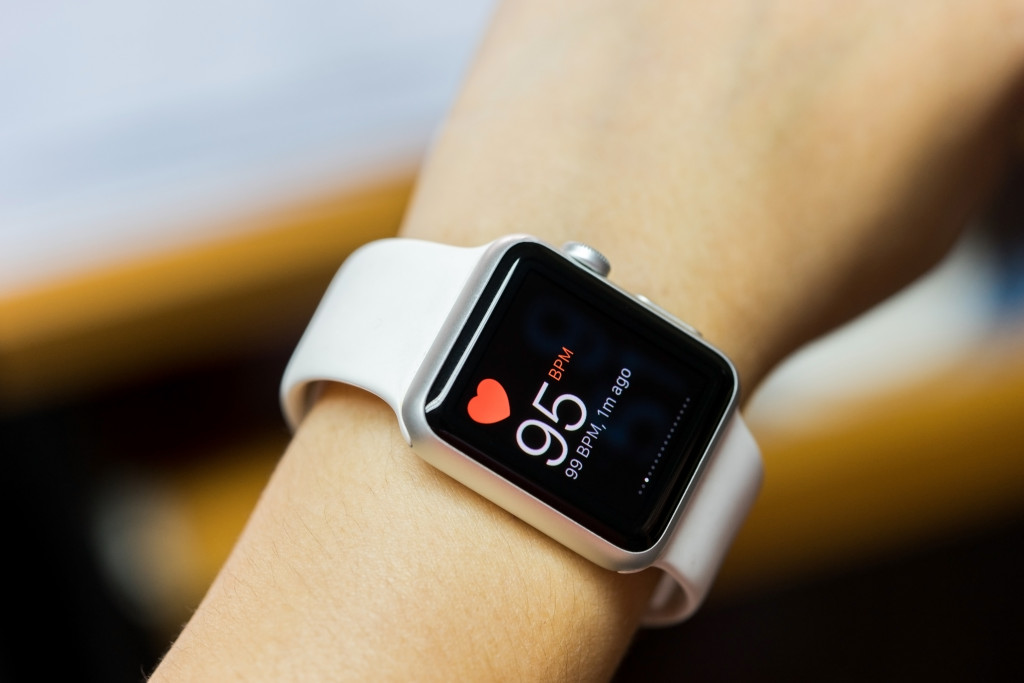There have been some amazing advancements in technology in the past few years. Many of these advancements are applied to health and medical purposes. These technologies allow doctors to diagnose and treat diseases better and enable patients to be more proactive in their health. For example, smartphones that monitor heart health can help people detect potential problems early on and get treatment before they become more dangerous.
Because of the prevalence of technology in the medical field, IT consultants now have to work alongside medical professionals. In addition to ensuring that things are working without interruptions, IT professionals also take care of cybersecurity. It is a must to keep patients’ information safe from hackers.
Here are 25 of the latest technologies used in the health industry.
1. Telemedicine
Telemedicine technology allows patients to receive medical care from a distance. That can be helpful for people who live in rural areas or have difficulty getting to the doctor’s office.
2. Telehealth for Mental Health
Telehealth technology provides mental health care to people who live in rural areas or cannot afford to see a therapist in person.
3. Mobile Apps
There are now many mobile apps that allow people to track their health and fitness goals. Some apps even allow patients to communicate with their doctors directly.
4. Wearable Technology

Wearable technologies such as smartwatches and fitness trackers can monitor people’s health and activity levels.
5. Sensors
Sensors can monitor patients’ vital signs and track their movements. Doctors can use this information to improve patient care.
6. 5G Technology
5G Technology is a new type of wireless network that is faster and more reliable than previous generations of wireless technology. That technology can transmit medical data between doctors and patients.
7. Drones
Drones can deliver medical supplies and equipment to hard-to-reach areas.
8. Artificial Intelligence
Artificial intelligence technology can help diagnose diseases, predict patient outcomes, and plan treatments. For instance, IBM’s Watson is being used to help doctors treat cancer.
9. Virtual Reality
Virtual reality (VR) technology can help train surgeons and other medical professionals. It can also help patients relax and feel more comfortable during procedures. VR allows patients to face their fears in a safe and controlled environment, which can ultimately help them overcome those fears.
10. Precision Medicine
Precision medicine technology can target treatments to specific patients based on their genetic makeup and medical history.
11. Robotics
Robotics technology is used in surgeries to provide greater precision and accuracy.
12. Regenerative Medicine
Regenerative Medicine technology can grow new tissues and organs to replace damaged or diseased tissues.
13. 3D Bioprinting
3D Bioprinting is a new technology that allows scientists to print living tissues and organs from scratch.
14. Stem Cells
Stem Cells can regenerate tissue and organs. The stem cells come from the patient’s own body, which minimizes the risk of rejection.
15. Immunotherapy
Immunotherapy is a new type of cancer treatment that uses the body’s immune system to fight tumors.
16. Gut Bacteria
Gut bacteria technology can treat diseases by modifying the bacteria in the gut. That is done through fecal transplant or by using probiotics.
17. Genomics
Genomics technology sequences patients’ genes and identifies potential problems. This information can personalize treatments based on a patient’s genome.
18. CRISPR Genome Editing
CRISPR genome editing technology can modify the DNA of living cells. This technology can help treat diseases and other medical conditions.
19. Genetically Modified Organisms
Genetically modified organisms help create new drugs and treatments for diseases.
20. Nanotechnology
Nanotechnology creates tiny particles that can be injected into the body to target and treat diseases.
21. 3D Printing
3D printing creates customized prosthetics, medical implants, and other medical devices.
22. 4D Printing
4D printing is a new type of 3D printing that allows objects to be printed with movable parts. This technology can create custom-made medical implants and other devices.
23. Big Data
Big Data technology can analyze large amounts of data to identify trends and patterns. This information can improve patient care and medical research.
24. Cloud Computing
Cloud Computing technology allows doctors and patients to access medical records and other files from any device, anywhere.
25. The Internet of Things
The Internet of Thinmgs (IoT) technology is being used to connect medical devices and sensors to the internet. It allows data to be collected and analyzed in real-time.
26. Blockchain Technology
Blockchain Technology is a new type of database that allows data to be stored and shared securely between multiple parties. This technology can keep medical records safe.
These are just a few of the latest technologies used in the health industry. They represent some of the most exciting advancements in recent years. As these technologies continue to evolve, they will undoubtedly play an even more critical role in healthcare.

